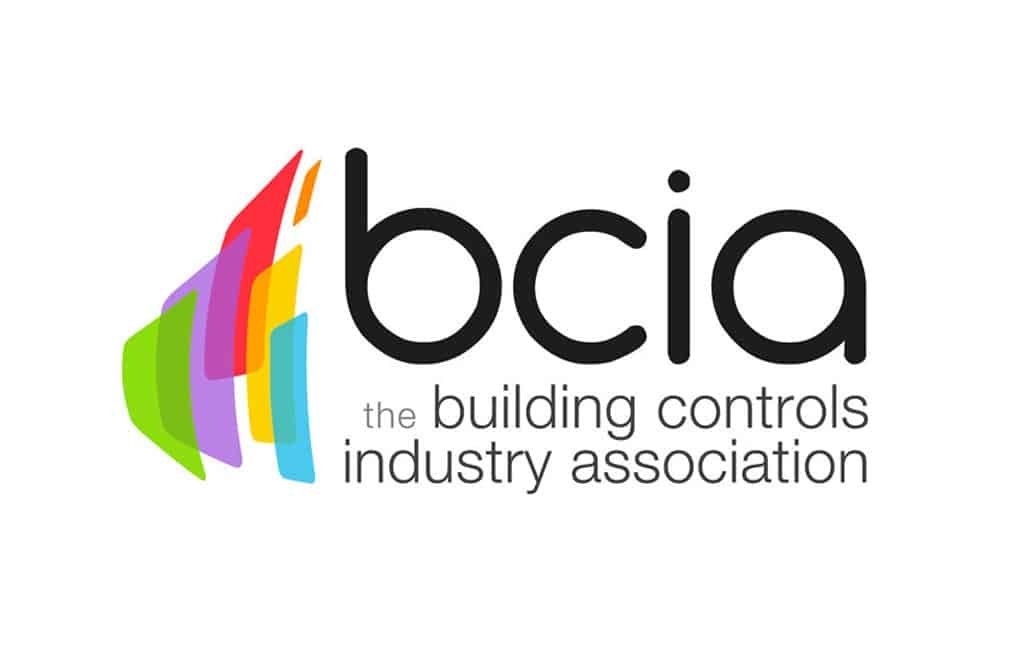
About the BCIA
Explaining building controls
Building Controls enable intelligent buildings, they automate systems and services for improved efficiency, comfort and management.
Often known as Building Management or Building Energy Management Systems (BMS/BEMS) they do much more than that. Capable of integrating multiple services and functions such as water, heat, lighting and fire safety, they can also manage the process for building access, meeting room bookings, safe distancing etc. Powered by digital connectivity and the ever-increasing adoption of open communication standards, Building Controls can also collect and analyse large volumes of data to support planned and preventative maintenance, cost management, energy usage and how space in a building is being used.
Building Controls solutions create healthier buildings, contributing to:
Whole lifetime decarbonisation of the built environment,
Assisting with net zero targets and compliance with ESG policy,
Improving energy efficiency and performance enabling reduced energy consumption,
Savings across energy and operational costs via predictive/pre-emptive maintenance and integration into facility management systems,
Increased attractiveness of a building for owner occupier or tenant, potentially increasing yields,
The health & wellbeing of people working, living and visiting commercial buildings,
Improved overall management of a building using building automation solutions.
What we do
Established in 2004 following the merger of two long-standing organisations, BCIA is recognised as the go-to trade association for the building controls and BEMS sector in the UK. We have a key role in the strategic development of the sector to support our members and the wider industry.
BCIA:
Is a trusted and expert organisation for government, media and other stakeholders actively undertaking policy and advocacy activity to influence and shape policy and legislation,
Is a unified voice representing the interests of the industry,
Develop and deliver specialist technical training courses for the controls industry,
Develop and champion the BEMS Trailblazer level 4 apprenticeship,
Enable member companies to collaborate around shared interests,
Provide exclusive and unique market trends information for members,
Offer a credibility of membership for companies large and small,
Promote the industry to raise awareness and understanding of the value of controls solutions,
Facilitate a pro-active network of members to enable new and existing business relationships to be developed,
Position the sector as a career of choice, promoting the benefits and broad range of engineering, technology, design and corporate roles available within the building controls industry.
Vision
The Building Controls Industry Association (BCIA) exists to create healthy buildings, through Building Controls systems. We will contribute to a sustainable and technologically advanced environment, to ensure a better community experience and whole-life cost-effective solutions throughout construction, maintenance and management.
Mission
The Building Controls Industry Association (BCIA) is the unified voice of the UK building controls industry. Our members deliver the technology to create healthy buildings, through whole-life building and energy management solutions. The BCIA aims to be the leading association for the industry working to ensure adoption of controls solutions within the built environment. As the go to association for the industry we will lead on lobbying and advocacy; learning and skills; promote wider understanding and information; and support all our members to establish and maintain the highest standards in product and system development, application and service.
Articles of Association and Rules, Policies and Procedures
The Association is governed by its Articles of Association and Rules, Policies and Procedures.
The Building Controls Industry Association Limited (BCIA) is a company limited by guarantee, registered in England and Wales.
-

Get Involved
-

Join the BCIA
-

Technical Guides
